Applicant Resources
Definition of Terms
Neighborhood: Neighborhoods as diverse, dynamic social and economic entities with unique characteristics, which are recognized by residents of both the neighborhood and community at large. Neighborhoods should be recognized as building blocks of overall community development. [Adapted from: planning.org].
Resident-driven: “Resident-engagement” activities exist on a continuum of increasing trust and delegation of leadership to community. One end of this continuum is marked by outreach and progresses through levels of engagement, in order of deepening work through consulting, involving, collaborating, and sharing leadership. Resident-driven work supports the development of community leaders and is iterative. “Resident-driven” activities are both “process” and “outcome”-oriented. See linked resources to learn more.
- Sharing Power with Communities Field Guide (CWP)
- The Spectrum of Community Engagement to Ownership (Note: you must register for free access to this tool.)
Community (and) Economic Development: There is no single definition that exists to illustrate what community and economic development is or looks like. Projects the Foundation supports include initiatives related to affordable housing and housing preservation, housing counseling, community safety, education, human services, commercial corridors and small business development, creative placemaking, preservation / creation of open or green space, and more. Projects may address one or many of these domains; they need not address them all.
Many formal definitions are rooted in academia and traditional urban planning models. We recommend considering these two definitions to support your thinking as you approach a potential project as they more broadly define the core of the work and the centering of community members in approach.
- Community economic development is an approach to local economic development that is driven by a community’s social, environmental and economic priorities. It is shaped by those who live, work and run businesses and public services within that community. CED takes into account social, environmental, and economic outcomes and recognizes the links between the local, regional and national layers of the economy. Using a CED approach enables organizations to build on the assets, knowledge, experience and resources in your community, to identify and make the most of local economic opportunities. [Adapted from: www.nefconsulting.com]
- Community development activities promote participative democracy, sustainable development, rights, equality, economic opportunity and social justice, through the organization, education and empowerment of people within their communities, whether these be of locality, identity or interest, in urban and rural settings. [Adapted from www.nacdep.net]
Neighborhood Plan: Neighborhood planning processes that are resident-driven support the development of a community roadmap that is rooted in the historical context, contemporary reality, and lived experience of those residing in the neighborhood.
These roadmaps are living documents that weave together intersecting priorities related to place-making and place-keeping, quality of life, social determinants of health, infrastructure, and other elements that influence how residents feel about their neighborhood, and their ability to thrive. Plans prepare communities for action.
To learn more about neighborhood planning, click here.
Learn more about Regional Foundation grantee partners here.
